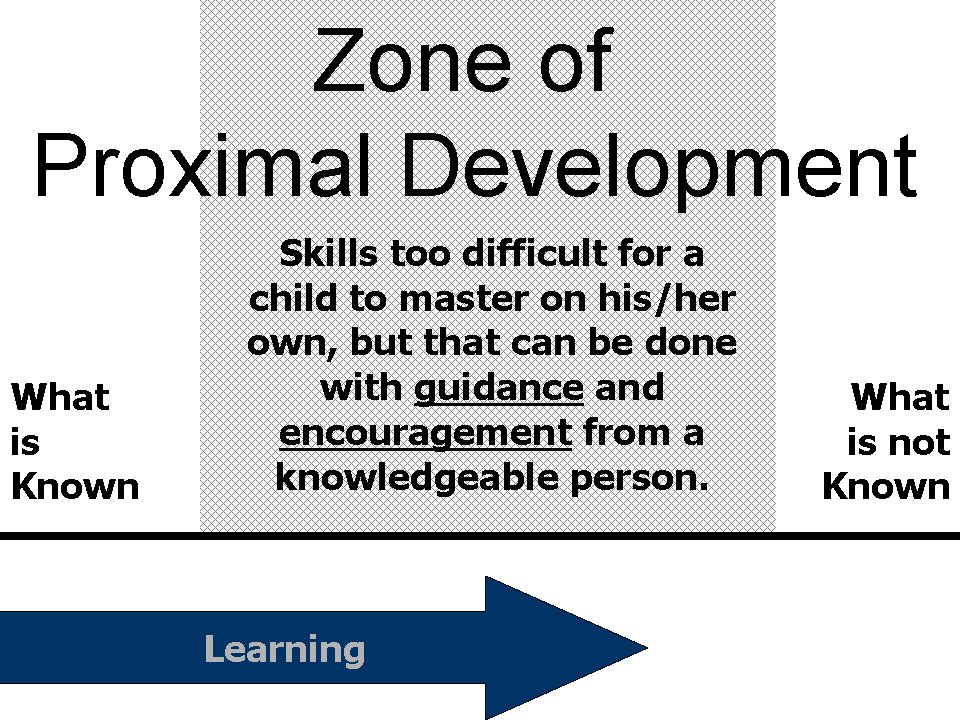Week 4
Errors and Mistakes


Just because you're good at talking about something, doesn't mean you're good at doing it.
Flobbing sallably, the glotty yofs sambolated in the wickersnacks.
- What were the yofs doing?
- What kind of yofs were they?
- How many yofs are there? One or more than one?
- What were the yofs doing beside sambolating?
What is the proper order for adjectives of count, age, and nationality?
- four
- the
- girls
- young
- French
The young French four girls.
The four young French girls.
Just because you don't know how to talk about something, doesn't mean you don't know how to do it.
Mistakes
- The problems in our sentences that exist because we weren’t paying attention, were focused on our ideas, or were typing too fast.
- We can fix these as soon as we notice them.
Errors
The things we don’t know how to do yet in our sentences.
Even when someone underlines, highlights, or circles them, we don’t know how to fix them.
We can’t just fix these automatically–but we can sometimes avoid them.
Two Problems, Two Processes
| Mistakes | Errors | |
|---|---|---|
| Proofreading | vs. | Editing |
| Reading to Notice | vs. | Reading to Find |
| Correcting | vs. | Learning and Revising |
| Easy as falling down stairs | vs. | Hard as falling up stairs |
A Brief Digression into the Idea of "Correct"
Take a few minutes and write briefly about the episode of Adam Ruins Everything we watched as lead-up to this activity. What did you think/feel/learn about language from the video?
Working with Errors Lev Vygotsky's Zone of Proximal Development

That is: some things that a student can't learn on their own, they can learn with the support of a more experienced peer (i.e., you).
Gradual Release of Responsibility I do, we do, you do.
When someone corrects your grammar or your usage, it makes you want to walk talk. Your first reaction is to go "Oh, I'm done, because they're listening to how I'm talking, as opposed to what I'm saying."
Some Starting Points Let's remember!
Work with a partner to try to remember and define (or give examples of) the Parts of Speech in English.
Common Patterns of Error
- Subject-verb agreement. "He go to the store…" "So I says to him…"
- Verb tense. "I move to Visalia last year…" "When I get to work, I saw"
- Verb form. "I have eat at that restaurant before…"
- Singular/plural errors. "I got sands in my shoes at the beach…"
- Word form errors. "The instructions were very confused…"
- Sentence structure. Aaaaaargh.
Some Starting Points Let's remember some more!
Work with a partner to try to define a "complete sentence." I dare you.